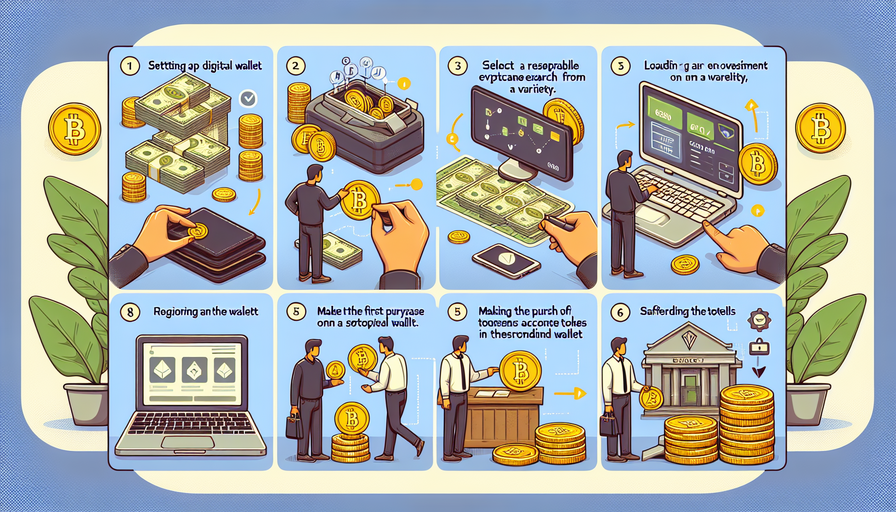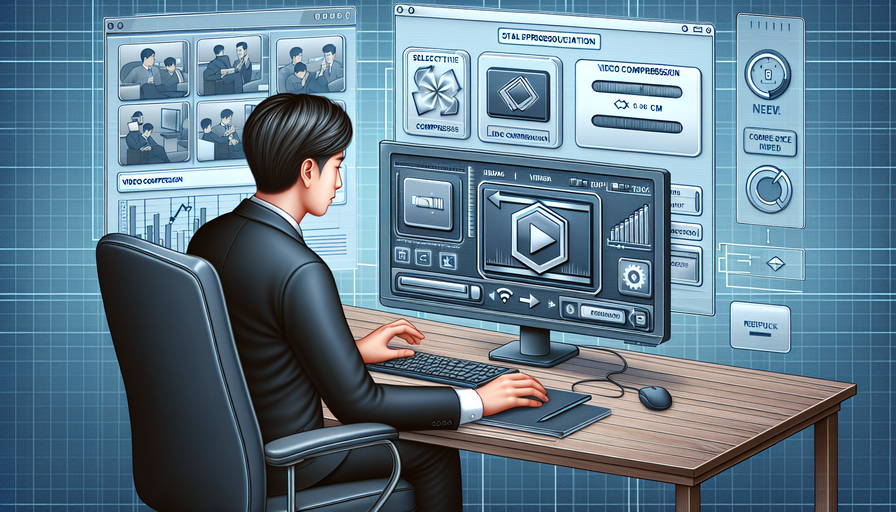In today’s fast-paced digital world, having a slow computer can be incredibly frustrating. Whether you use your computer for work, school, or leisure, a sluggish system can hinder productivity and impact your overall experience. Fortunately, there are several effective strategies you can implement to speed up your computer and improve its performance. In this guide, we will explore various tips and techniques to help you optimize your computer’s speed and efficiency.
1. Remove Unnecessary Programs and Files
One of the most common reasons for a slow computer is the presence of unnecessary programs and files that take up valuable system resources. To speed up your computer, start by uninstalling any programs that you no longer use or need. Additionally, delete old files, documents, and media that are taking up space on your hard drive.
2. Update Your Operating System and Software
Regularly updating your operating system and software is crucial for maintaining optimal performance on your computer. Updates often include bug fixes, security patches, and performance enhancements that can help speed up your system. Make sure to enable automatic updates for both your operating system and installed applications.
3. Upgrade Your Hardware
If your computer is still running slowly after removing unnecessary programs and updating software, it may be time to consider upgrading your hardware components. Adding more RAM, upgrading to a solid-state drive (SSD), or installing a faster processor can significantly improve your computer’s speed and responsiveness.
4. Manage Startup Programs
Many programs are configured to launch automatically when you start your computer, which can slow down the boot process and consume system resources. To speed up startup times, disable unnecessary startup programs by accessing the Task Manager (Windows) or System Preferences (Mac) and managing the startup items list.
5. Clear Browser Cache and Cookies
Over time, web browsers accumulate temporary files, cache data, cookies, and browsing history that can impact performance. Regularly clearing your browser’s cache and cookies can help speed up web browsing sessions and free up disk space on your computer.
6. Run Disk Cleanup and Defragmentation
Disk cleanup tools such as Disk Cleanup (Windows) or Disk Utility (Mac) can help remove temporary files, system logs, and other unneeded data from your hard drive. Additionally, running disk defragmentation (Windows) or optimizing storage (Mac) can reorganize data on the disk for faster access speeds.
7. Disable Visual Effects
While visual effects such as animations and transparency features may enhance the user interface experience, they can also consume system resources and slow down older computers. Disabling visual effects in the settings menu can help improve overall system performance.
By following these tips and techniques, you can effectively speed up your computer’s performance and enjoy a smoother computing experience. Remember that regular maintenance practices such as cleaning dust from hardware components, keeping software updated, and practicing safe browsing habits are essential for preserving the longevity of your computer’s speed.
Implementing these strategies will not only boost your computer’s performance but also enhance its reliability and efficiency in handling everyday tasks with ease.


